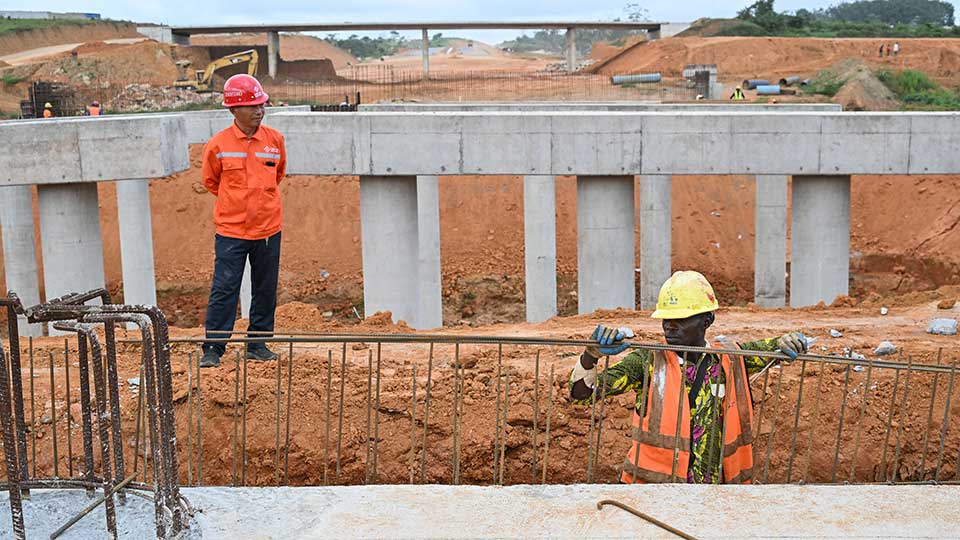
By Felix Brender 王哲謙
At this year’s Munich Security Conference, the U.S. put on such an antagonistic performance that China barely had to lift a finger to win brownie points. All Beijing had to do was sit back, radiate calm, and let Washington’s bluster do the rest. Some might note that this is something of a pattern. The West’s foreign policy missteps have often done more to burnish China’s global appeal than any grand strategy emanating from Zhongnanhai.
Nowhere is this more apparent than in Africa, where China remains to be cast by many as the alternative to Western dominance. But as African leaders admire Beijing’s economic trajectory, there’s an uncomfortable truth lurking beneath the surface: just as the Western economic model failed to deliver for Africa, so will any attempt to import a Chinese one.
Take Aminata Touré, former Prime Minister of Senegal, declared that China was an inspiration at the conference. “We want to do exactly what they did,” she said, pointing to Beijing’s success in lifting hundreds of millions out of poverty. The goal, she argued, is African industrialization—on African terms. No more raw materials siphoned off without local development, as was the case under European economic dominance (and incidentally, as Touré rather conveniently omits, in several Chinese projects across Africa).
China, she suggested, should not merely extract but invest in true industrial partnerships. It’s a laudable vision few will disagree with, but one that risks stumbling at the assumption that economic models travel well.
The reality is that economic models are not one-size-fits-all blueprints but products of specific histories, geographies, and political conditions. Africa’s experience with Western economic models should serve as a cautionary tale.
The structural adjustment programs of the 1980s, imposed with missionary zeal by the IMF and World Bank, were supposed to bring prosperity through market liberalization. Instead, they gutted public services, deepened inequality, and left many African economies more vulnerable than before. The problem was not just poor execution but a fundamental mismatch: what presumably worked for the post-war West (most of which was anything but free market economies at the outset and only saw neoliberal structural change after they had already gotten rich) was not going to work wholesale for African states with vastly different colonial legacies, demographic challenges, and political structures.
Now, the pendulum swings the other way.
If Western economic prescriptions failed Africa, perhaps China’s state-led model is the answer. Hardly. China’s rise was predicated on conditions unlikely to be replicated elsewhere: a vast, disciplined labor force, an authoritarian state able to impose sweeping economic reforms, and, crucially, an era in which globalization was expanding, not faltering.
Africa, in contrast, is fragmented into dozens of economies, each with its own political and social complexities. What’s more, China’s economic miracle depended on Western consumer markets absorbing its exports. A world where multiple regions attempt to follow the same path does not have enough demand to sustain so many manufacturing powerhouses.
In other words, African countries can only become the new China if China stops being China.
Germany provides a useful parallel. Its export-driven economic model works precisely because not everyone is following it. Likewise, China’s model has thrived partly because the rest of the world played a different role in the global economy. African nations pursuing industrialization should take heed: no economic strategy is universally replicable, and chasing the Chinese Dream may prove just as elusive as the Western one.
None of this is to say African countries should not industrialize on their own terms. But borrowing another country’s playbook is unlikely to usher in success. The challenge is not to find a model to copy but to craft one that is tailored to Africa’s own realities. In the end, every economic miracle is a unique product of time and place. Expecting China’s experience to serve as a ready-made template for Africa risks missing the point entirely.
Felix Brender 王哲謙 is a project associate at LSE IDEAS
